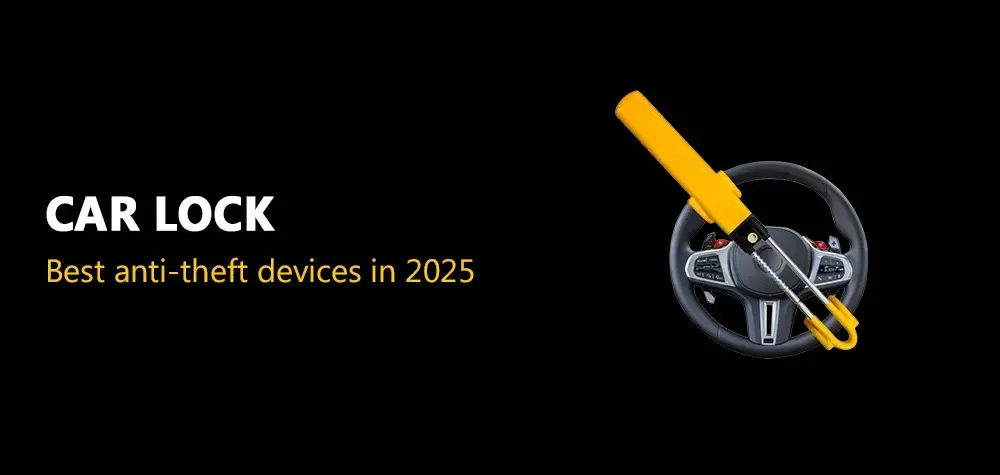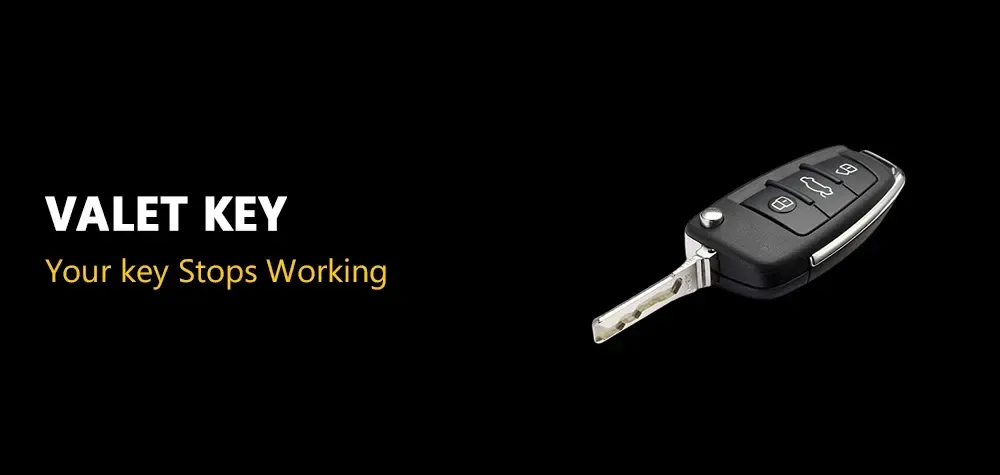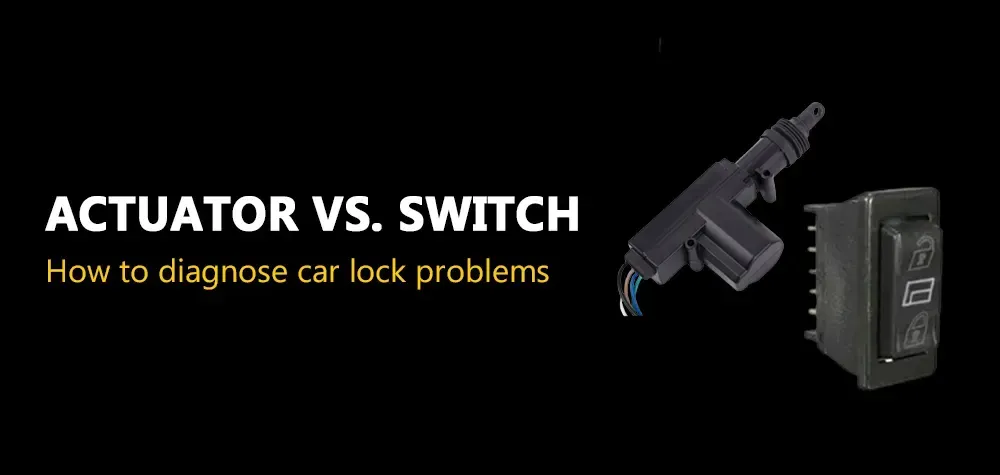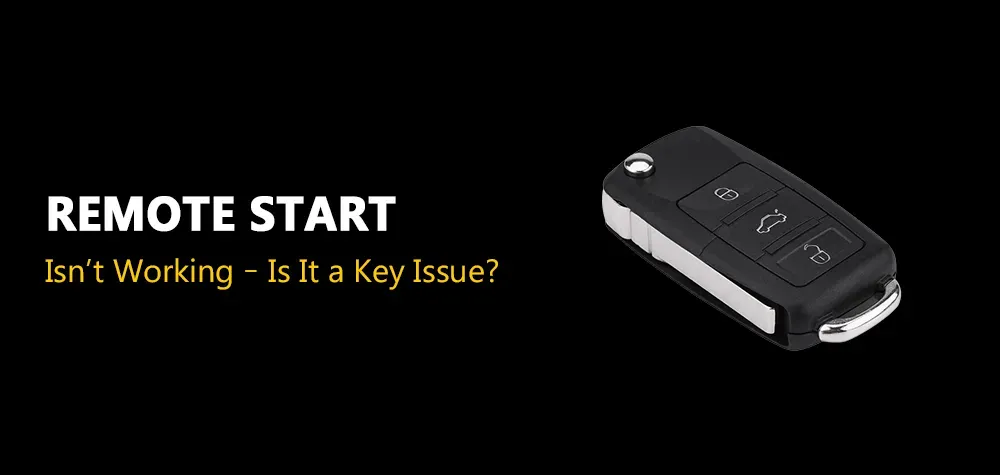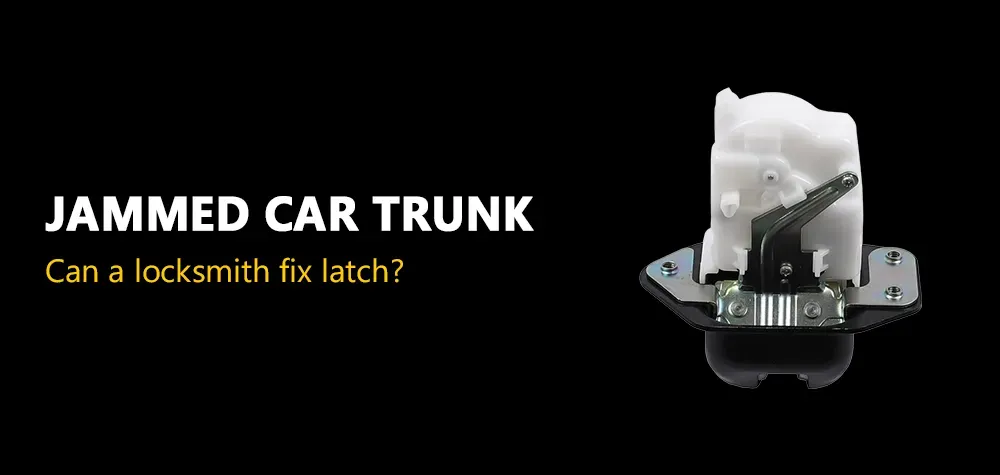How Transponder Chips Work: A Comprehensive Guide
Hey there! Ever wondered how your car magically knows it's you behind the wheel when you start it up? That's all thanks to a tiny but mighty technology called transponder chips. These little marvels play a big role in modern vehicle security and convenience. In this guide, we're diving deep into how transponder chips work, unraveling the mystery behind their operation, and exploring why they're essential in today's automotive landscape. Buckle up as we uncover the secrets behind your car's smart security system!
How to remove ignition lock cylinder without key!
What are Transponder Chips?
Transponder chips are miniature devices embedded in vehicle keys or key fobs. They emit a unique radio frequency signal that communicates with a car's immobilizer system. This technology enhances vehicle security by allowing the vehicle to recognize and authenticate the key, enabling features like keyless entry and ignition. Essentially, transponder chips ensure that only the owner with the correct key can access and operate the vehicle, adding a layer of protection against theft.
How Transponder Chips Work: Key Components
At the heart of a transponder chip's functionality are its key components: a small microchip, a coil, and an antenna. The microchip stores a unique identification code that is transmitted via radio frequency signals. When the vehicle owner inserts the key into the ignition or approaches the car for keyless entry, the coil within the transponder chip generates a low-level electromagnetic field. This field powers the microchip, enabling it to transmit its stored code to the car's immobilizer system through the antenna. The car's system verifies this code against its database of authorized keys. If the code matches, it allows the vehicle to start or unlocks the doors, providing a seamless and secure user experience.
Communication Process Between Transponder and Vehicle
The communication between a transponder and a vehicle's immobilizer system follows a precise sequence to ensure security and functionality. When a driver inserts the key into the ignition or approaches the vehicle for keyless entry, the transponder chip emits a unique radio frequency signal. This signal is picked up by the vehicle's antenna, which then relays it to the immobilizer system's transceiver. The transceiver decodes the signal and compares the transmitted code with the stored codes in its database. If the code matches an authorized key, the immobilizer system allows the vehicle to start or unlocks the doors, providing secure access. Encryption and rolling code technologies further enhance security by preventing unauthorized access attempts. This seamless interaction between the transponder chip and the vehicle's system ensures reliable and efficient operation while safeguarding against potential security threats.
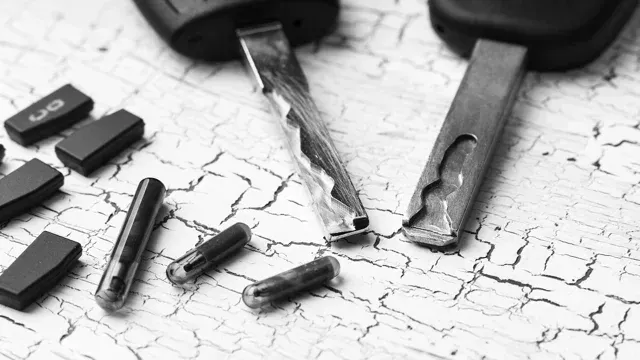
Types of Transponder Systems
Transponder systems in vehicles generally fall into two main categories: passive and active transponders. Passive transponders are the most common type and operate without an internal power source. Instead, they rely on electromagnetic signals emitted by the vehicle's transceiver to power up and transmit their unique code.
In contrast, active transponders have their own power source, usually a small battery, allowing them to transmit signals independently. This autonomy enables active transponders to offer longer transmission ranges and additional features, such as remote start capabilities. Both types of transponder systems play a crucial role in enhancing vehicle security and convenience, catering to different technological needs and preferences.
Benefits of Transponder Chip
- Enhanced vehicle security with encrypted authentication.
- Convenient keyless entry and ignition systems.
- Protection against unauthorized vehicle access.
- Reduced risk of car theft and break-ins.
- Integration with advanced automotive security features.
Common Issues and Troubleshooting
Despite their reliability, transponder chips can sometimes encounter issues that affect their functionality. Common problems include weak signal reception due to interference from electronic devices or metallic surfaces, depleted battery in active transponders, and misalignment of the transponder key with the vehicle's antenna. Troubleshooting these issues often involves checking for signal obstructions, replacing the battery if applicable, and ensuring the key is correctly positioned during use. Regular maintenance and awareness of these potential issues can help ensure smooth operation of transponder chips and maintain vehicle security effectively.
Future Trends in Transponder Technology
Looking ahead, transponder technology is poised for continued innovation in enhancing vehicle security and user convenience. Future developments may include integration with biometric authentication for heightened security measures, advancements in encryption protocols to thwart evolving cyber threats, and enhanced compatibility with smart devices for seamless connectivity. Moreover, research is exploring the potential of AI-driven authentication systems that adapt to user behavior patterns, further enhancing the reliability and user-friendliness of transponder technology. As automotive technology evolves, these advancements promise to redefine the capabilities and applications of transponder chips in modern vehicles.
Conclusion
Transponder chips represent more than just a key; they embody the evolution of automotive security and convenience. By securely transmitting unique codes to a vehicle's immobilizer system, these tiny devices ensure that only authorized users can access and operate their vehicles. From keyless entry to advanced anti-theft measures, transponder technology continues to redefine the safety and ease with which we interact with our cars. As we look to the future, the ongoing advancements in transponder technology promise even greater security features and integration with emerging smart technologies.
Reach out to Brothers Locksmith for excellent locksmith services!
Call Us Any Time!

